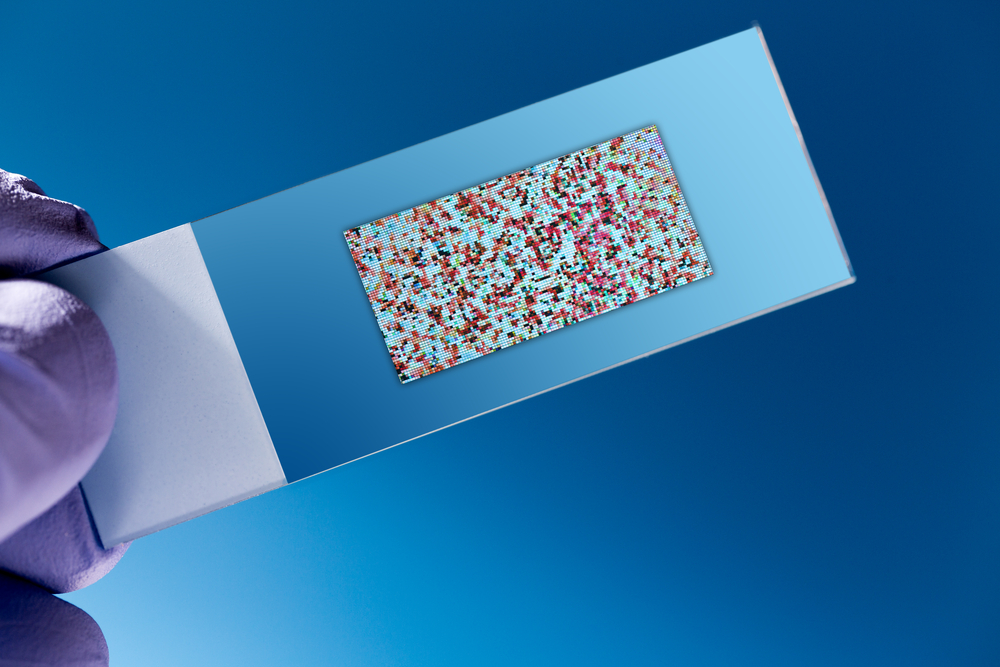Sarcoidosis May Be Caused by Interacting Immune and Protein Breakdown Systems, Researchers Say

Researchers at the University of Washington in Seattle identified numerous gene pathways that are altered in sarcoidosis, not only confirming the involvement of the innate immune system, but also demonstrating that systems for protein breakdown are activated in the disease.
The study, “Sarcoidosis activates diverse transcriptional programs in bronchoalveolar lavage cells,” published in the journal Respiratory Research, suggest that some of these pathways might drive disease progression, but more research is needed to understand how each of these molecular pathways might contribute to disease.
Although sarcoidosis can affect virtually any organ, it affects the lungs in most patients, and the Washington research team figured that an analysis of bronchoalveolar fluid – a sample of the fluid present in the lungs collected by a physician during a lung examination – might be a good place to explore changes in the disease.
Researchers recruited 15 sarcoidosis patients and 12 healthy volunteers and isolated cells found in the lung fluid. To get a broad look at what was going on in these patients, they extracted RNA and used it in an assay capable of quantifying the gene activity of 14,500 human genes.
An initial screening revealed more than 1,500 genes that were either more or less active in patients compared to controls, including well-known immune signaling molecules such as interferon-gamma.
However, it is difficult to make sense of such a large amount of data, so to get a better picture, researchers performed analyses sorting the altered genes according to biologically relevant molecular pathways.
As expected, they observed that immune pathways, particularly those belonging to the adaptive immune system, were overrepresented. They could confirm earlier findings, showing that immune T-cells, particularly those secreting the signaling molecule IL-17, seem to play a role in sarcoidosis. But the study also revealed previously unknown observations.
They discovered that another large group of pathways belonged to processes used in clearing old and faulty proteins from cells, known as the proteasome. They could also see that this protein breakdown mechanism was linked to the adaptive immune system, with certain genes playing roles in both immune and protein breakdown processes.
These findings might allow other researchers to study the identified processes in more detail.






